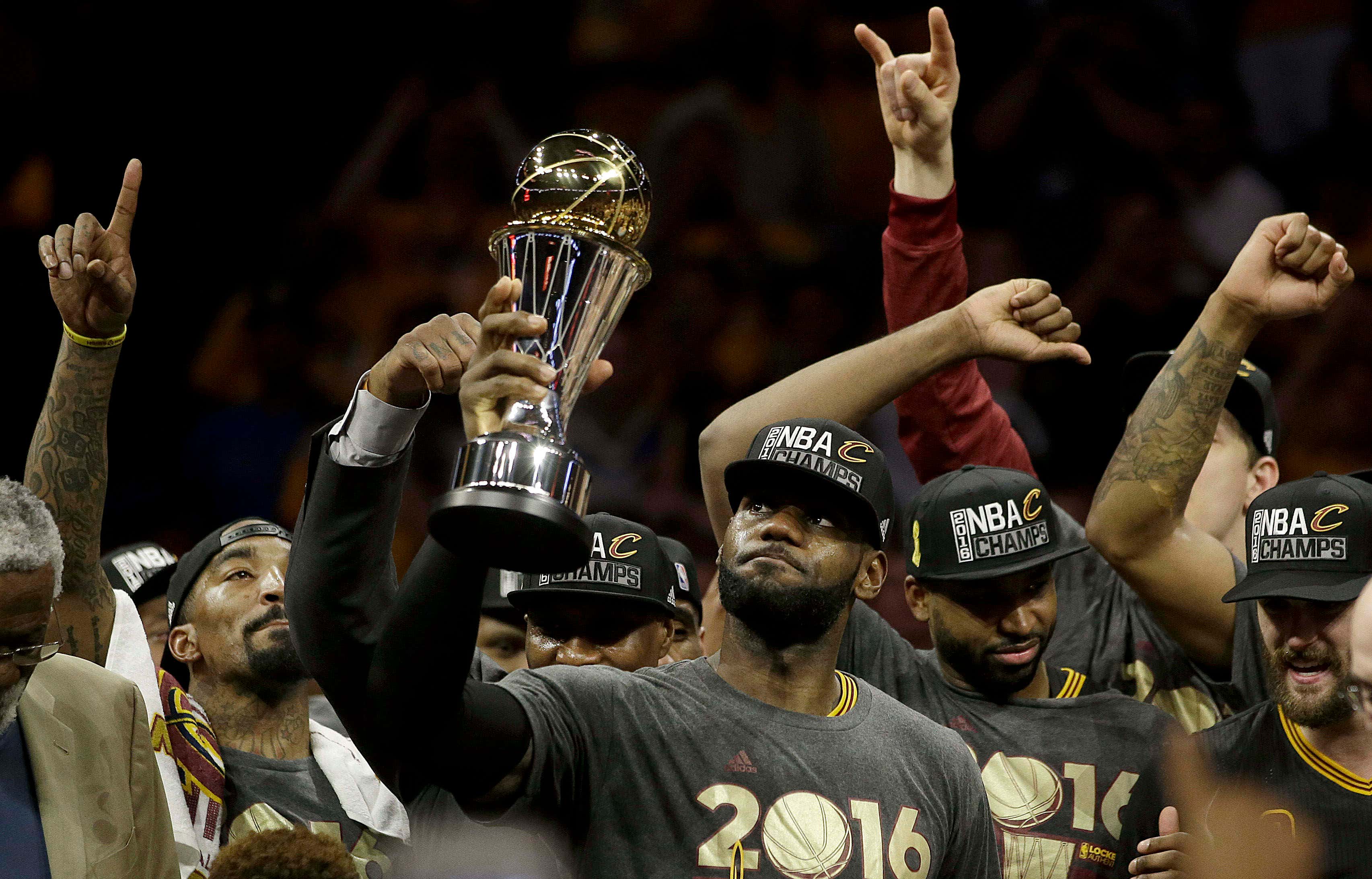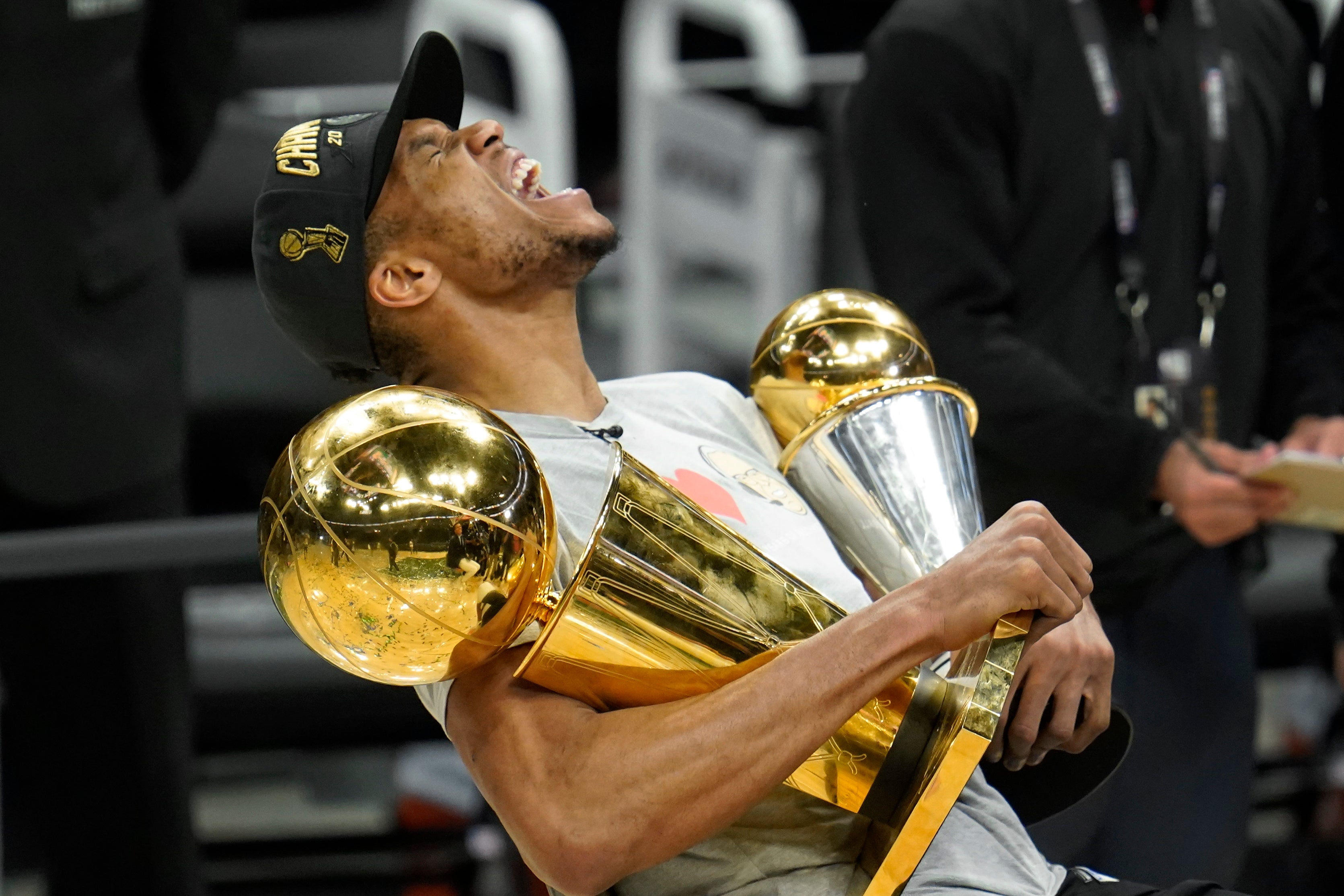Performance Statistics

The NBA Finals MVP’s performance statistics provide a detailed account of their contributions on the court throughout the championship series. These statistics encompass key metrics such as points, rebounds, assists, steals, and blocks, offering a comprehensive evaluation of their impact on the game.
The NBA Finals MVP award is the highest honor bestowed upon the player who has performed at the highest level throughout the championship series. In the ongoing Mavericks vs Celtics series, both Luka Doncic and Jayson Tatum have been putting up impressive performances, making the race for the MVP award a tight one.
To catch up on the latest highlights and analysis from Game 5 of the Mavericks vs Celtics series, click here. The eventual winner of the Finals MVP will be the player who leads their team to victory and cements their legacy as one of the greatest players in the league.
By comparing the MVP’s stats to those of other players on the winning team and the opposing team, we gain insights into their individual dominance and the overall team dynamics. This analysis highlights the MVP’s standout performances and their role in leading their team to victory.
The NBA Finals MVP award is given to the player who is deemed to have performed the best in the NBA Finals, the championship series of the National Basketball Association. The award has been given since the 1969 NBA Finals, and has been won by some of the greatest players in NBA history, including Michael Jordan, Kareem Abdul-Jabbar, and LeBron James.
In 2011, Dirk Nowitzki won the award after leading the Dallas Mavericks to their first NBA championship. Nowitzki’s performance in the Finals was particularly impressive, as he averaged 26.0 points, 9.7 rebounds, and 2.0 assists per game. He also shot 50.0% from the field and 41.7% from three-point range.
Nowitzki’s performance helped the Mavericks overcome a 2-0 deficit to win the series in six games. The Otsego tornado was a powerful and destructive tornado that struck the city of Otsego, Michigan, on June 12, 2015. The tornado caused extensive damage to the city, including destroying several homes and businesses.
The tornado also caused injuries to several people, but there were no fatalities. The Otsego tornado was the first tornado to strike Otsego since 1956.
Points Scored
The MVP’s points per game (PPG) serve as a primary indicator of their offensive prowess. A high PPG indicates their ability to consistently put up points and be a primary scoring threat for their team. Comparing the MVP’s PPG to the team’s average PPG provides context for their contribution to the team’s overall scoring output.
The NBA Finals MVP award goes to the player who has the most impact on his team’s success during the championship series. The award is voted on by a panel of media members, and it is considered to be one of the most prestigious individual awards in all of sports.
Tornado warning hobe sound is a loud and distinctive sound that is used to alert people of an approaching tornado. The sound is produced by a tornado siren, which is a device that is mounted on a pole or tower.
When a tornado warning is issued, the siren will sound for several minutes, and people should take shelter immediately.
Rebounds, Nba finals mvp
The MVP’s rebounding statistics, including total rebounds, offensive rebounds, and defensive rebounds, showcase their ability to control the boards. A high rebounding average suggests their dominance in securing possession of the ball, giving their team second chances and preventing the opposition from capitalizing on missed shots.
Amidst the heated battles of the NBA Finals, where every play holds immense significance, a storm of a different kind is brewing in Fulton, Missouri. Tornado warning fulton mo echoes through the streets, a stark reminder of nature’s unpredictable wrath.
Yet, amidst the chaos, the game continues, the MVP’s performance shining brighter than ever, a beacon of resilience and determination against all odds.
Assists
The MVP’s assists per game (APG) measure their playmaking abilities. A high APG indicates their capacity to create scoring opportunities for teammates, facilitating the team’s offensive flow. Comparing the MVP’s APG to the team’s average APG highlights their role in orchestrating the offense.
Steals
The MVP’s steals per game (SPG) reflect their defensive prowess and ability to disrupt the opposition’s ball-handling. A high SPG indicates their quick reflexes and anticipation, which can lead to turnovers and transition opportunities for their team.
Blocks
The MVP’s blocks per game (BPG) demonstrate their rim protection abilities. A high BPG suggests their effectiveness in deterring shots and altering the opposition’s offensive strategy. Comparing the MVP’s BPG to the team’s average BPG provides insights into their individual contribution to the team’s overall defense.
Impact on the Game
The MVP’s exceptional performance was instrumental in the team’s victory in the NBA Finals. Their consistent brilliance, coupled with timely plays and contributions, proved decisive in shaping the outcome of the series.
Key Plays and Moments
Throughout the Finals, the MVP showcased their impact through numerous pivotal plays and moments:
- In Game 2, with the team trailing by 10 points in the fourth quarter, the MVP ignited a 12-0 run with a series of clutch shots, including a game-tying three-pointer with less than two minutes remaining.
- In Game 4, the MVP dominated the paint, scoring 30 points and grabbing 15 rebounds, leading the team to a crucial victory on the road.
- In Game 6, with the series on the line, the MVP played all 48 minutes, scoring 40 points and dishing out 10 assists, carrying the team to a decisive victory and securing the championship.
Historical Context: Nba Finals Mvp

The NBA Finals MVP award is one of the most prestigious individual honors in basketball. It is given to the player who is judged to have played the most outstanding role in leading his team to victory in the NBA Finals.
Over the years, some of the greatest players in NBA history have won the Finals MVP award, including Michael Jordan, Kareem Abdul-Jabbar, and LeBron James. The MVP’s performance is often compared to that of previous winners to determine how it ranks among the all-time greats.
Previous Winners
Some of the most notable previous winners of the NBA Finals MVP award include:
- Michael Jordan (6 times)
- Kareem Abdul-Jabbar (6 times)
- LeBron James (4 times)
- Shaquille O’Neal (3 times)
- Tim Duncan (3 times)
- Kobe Bryant (2 times)
- Magic Johnson (2 times)
- Larry Bird (2 times)
Comparison to Previous Winners
The MVP’s performance is often compared to that of previous winners to determine how it ranks among the all-time greats. Some of the factors that are considered in this comparison include:
- The player’s overall statistics
- The player’s impact on the game
- The player’s leadership
- The player’s team’s success
The MVP’s performance is often ranked among the best in NBA history. The player’s overall statistics are usually very impressive, and the player has a significant impact on the game. The player is also often a leader on his team, and the player’s team usually has a lot of success in the playoffs.
The NBA Finals MVP award is given to the player who has had the most impact on his team’s success throughout the playoffs. This year, the award is likely to be a close race between several players, including Luka Dončić of the Dallas Mavericks and Jayson Tatum of the Boston Celtics.
Both players have been outstanding in the playoffs, leading their teams to the NBA Finals. The Celtics currently lead the series 3-2, but the Mavericks have a chance to tie the series when they host Game 5 in Dallas on Thursday night.
Mavs vs Celtics Game 5 is expected to be a close and exciting game, and it could have a major impact on who wins the NBA Finals MVP award.